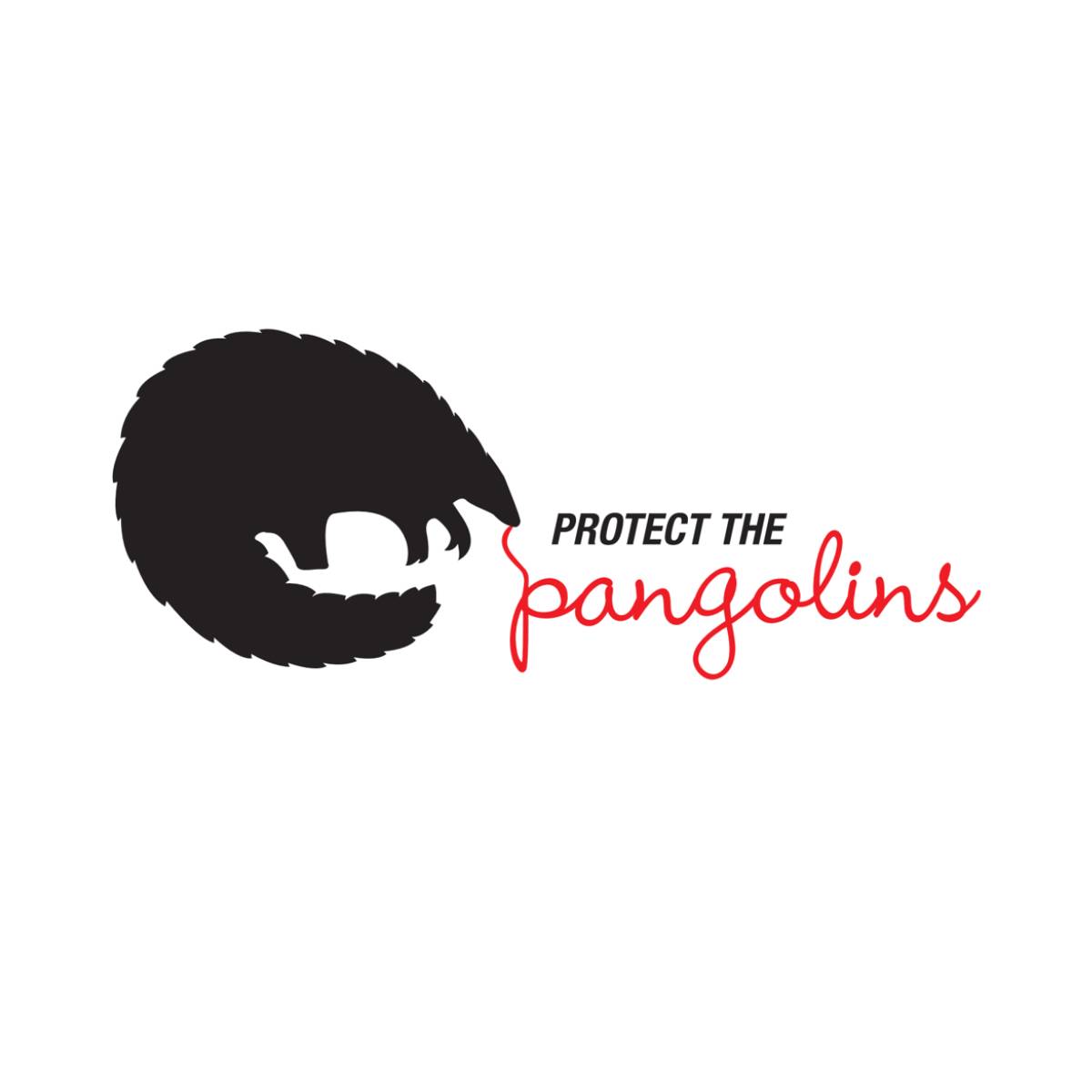WCP Zambia
Protect the Pangolins Programme
Pangolins are the most heavily trafficked mammals in the world, and Zambia’s pangolin populations—specifically Temminck’s Ground Pangolin (Smutsia temminckii) and White-bellied Tree Pangolin (Phataginus tricuspis)—are no exception.
Pangolins are the most heavily trafficked mammals in the world, and Zambia’s pangolin populations—specifically Temminck’s Ground Pangolin (Smutsia temminckii) and White-bellied Tree Pangolin (Phataginus tricuspis)—are no exception. These elusive and highly specialised creatures are under constant threat due to illegal poaching and wildlife trafficking, driven by demand for their scales and meat. Wildlife Crime Prevention (WCP), in collaboration with the Department of National Parks and Wildlife (DNPW), is dedicated to combating this crisis by rescuing and rehabilitating pangolins seized from the illegal trade across Zambia.
Unlike many other trafficked wildlife species, pangolins are often intercepted alive, as they hold greater value for end consumers in their living state. However, by the time they are rescued, most pangolins have endured immense suffering at the hands of traffickers. They are often subjected to prolonged stress, malnourishment, dehydration, and injuries from improper handling and confinement. Given their highly specialised diet—consisting almost exclusively of ants and termites—many pangolins rescued from the illegal trade are severely weakened, making immediate medical intervention and rehabilitation essential for their survival.
To address this urgent need, WCP operates a specialised pangolin rehabilitation centre in partnership with DNPW. This facility provides expert care to rescued pangolins, ensuring they receive the best possible chance of survival before being released back into their natural habitat. The rehabilitation process is meticulously designed to restore the animal’s health and prepare it for independent survival in the wild. The centre’s dedicated staff, including veterinarians and wildlife specialists, focus on several key aspects of rehabilitation:
- Medical Treatment & Wound Care – Many rescued pangolins suffer from injuries such as cuts, bruises, or broken scales due to rough handling. Veterinarians provide immediate medical care, including treatment for infections and dehydration.
- Nutritional Support & Weight Monitoring – Since pangolins require a specialised diet, feeding them the correct balance of natural food sources is a challenge. They are carefully monitored to ensure adequate weight gain before release.
- Behavioural Rehabilitation – Pangolins are highly solitary and stress-sensitive creatures. Those held in captivity for extended periods may exhibit signs of distress or unusual behaviour. The centre provides a controlled, low-stress environment to help them recover their natural instincts.
A pangolin is deemed ready for release once it has fully recovered from any injuries or illnesses, has regained sufficient weight, and demonstrates a healthy body condition and natural posture. When possible, each pangolin is released as close to its original rescue location as feasible to ensure it returns to a familiar environment. In cases where the precise origin is unknown or deemed unsafe, alternative suitable habitats are identified in protected areas.
This comprehensive approach not only gives rescued pangolins a second chance at life but also plays a critical role in pangolin conservation efforts in Zambia. By working closely with law enforcement, conservationists, and local communities, WCP and DNPW are striving to reduce illegal pangolin trafficking and ensure these remarkable, yet vulnerable creatures continue to thrive in their natural habitats.

